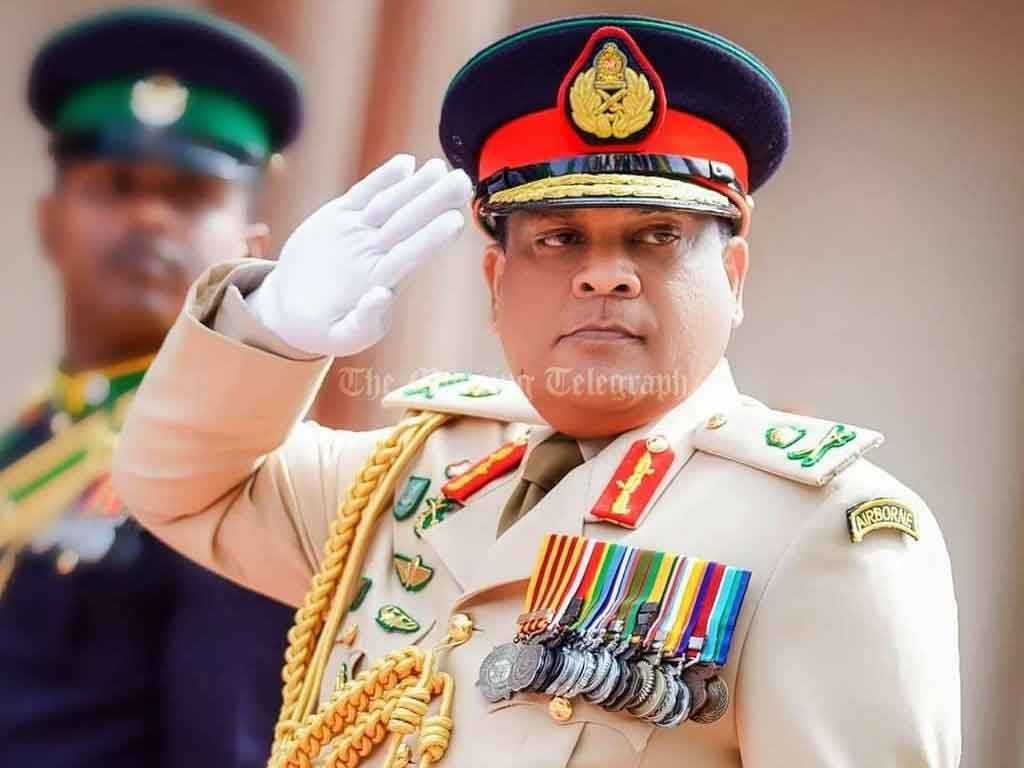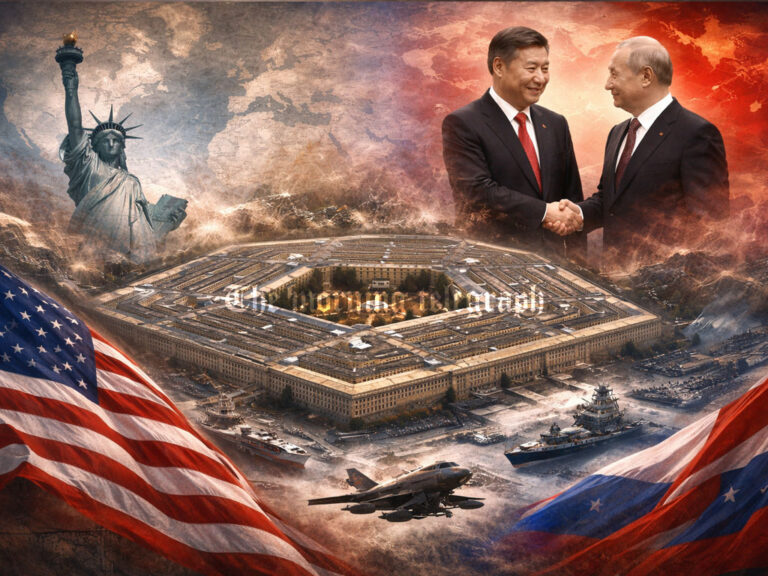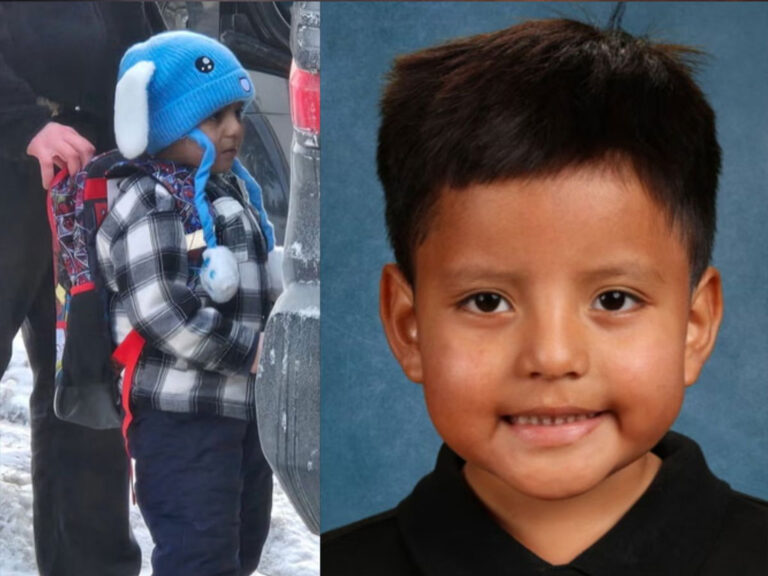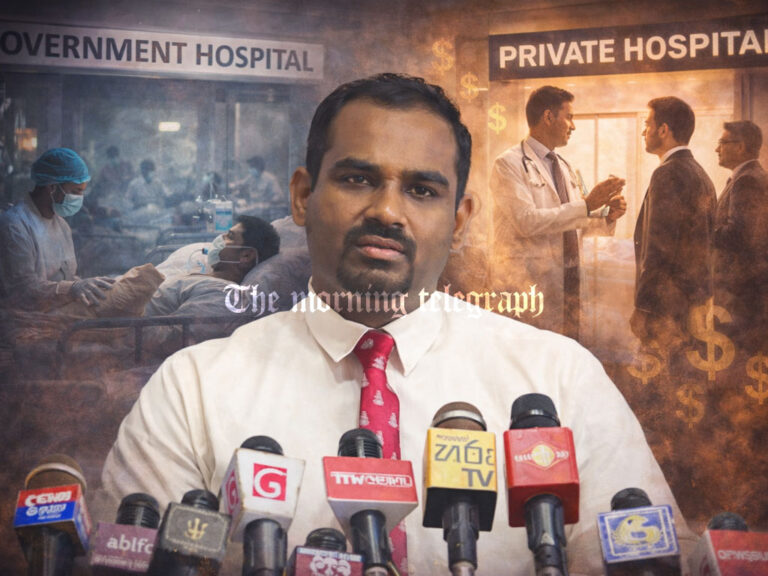
General Shavendra Silva, one of Sri Lanka’s most prominent military leaders, officially retired on December 31, 2024, after 41 years of dedicated service to the nation. The former Army Commander and Chief of Defence Staff was honored with a grand farewell ceremony held at the Bandaranaike Memorial International Conference Hall (BMICH), attended by senior military officials, dignitaries, and well-wishers.
While reflecting on his long career, General Silva issued a detailed statement that addressed the challenges, controversies, and political intrigues that defined his tenure. His remarks included sharp criticisms of Sri Lanka’s political leadership, an account of his role during the 2022 public unrest, and reflections on his abrupt reassignment before retirement.
General Silva described the 2022 mass protests, sparked by economic instability and political dissatisfaction, as one of the most challenging periods of his military career. Tasked with managing widespread civil unrest, he ordered the military to exercise restraint to avoid bloodshed.
“The public unrest in 2022 was a defining moment. I instructed the army to use minimal force to control protesters. I did not want an innocent citizen to die from a military bullet,” he stated, adding that his measured response averted the kind of chaos seen in other nations during similar uprisings.
He reflected on the delicate balance required during such crises, emphasizing his commitment to protecting both the state and its citizens. “I refused to become a crazed mass murderer wielding official authority against unarmed people,” he declared.
His approach, however, drew criticism from certain political leaders, whom he accused of failing to understand the nuances of his tactical decisions.
In his statement, General Silva did not shy away from criticizing the country’s political elite. He accused some leaders of prioritizing personal power over national interests and acting in ways that undermined the military’s integrity.
“I had no desire to be a pawn for foreign powers or a pet in any embassy,” he said, rebutting allegations of political betrayal. Silva highlighted instances where his actions, such as deploying airborne forces to protect the then-Prime Minister and safeguarding politicians’ homes targeted by protesters, were misinterpreted by government authorities.
General Silva expressed dismay at his sudden reassignment from Army Commander to Chief of Defence Staff in May 2022, a move he viewed as politically motivated. At the time, he had seven months remaining before his scheduled retirement.
“While I was attending a state-sanctioned security conference abroad, the sitting President, Gotabaya Rajapaksa, fled the country amidst the unrest,” he recounted. This sequence of events, Silva suggested, revealed the extent of political instability within the country’s leadership.
Over his four-decade career, General Silva played a central role in shaping Sri Lanka’s military strategy, particularly during the final stages of the civil war. As a four-star general and the second officer in Sri Lankan history to serve as both Army Commander and Chief of Defence Staff, his tenure was marked by both achievements and controversies.
Despite the criticisms leveled against him, Silva’s contributions to maintaining national security during crises have been widely acknowledged. He emphasized his commitment to protecting Sri Lanka’s sovereignty, even in the face of political challenges and accusations.
General Silva’s retirement ceremony included tributes to his service, with senior military officials lauding his leadership and dedication. His career, punctuated by key moments such as his role in defeating the LTTE and managing internal security during civil unrest, has left an indelible mark on Sri Lanka’s military history.
As he steps away from active service, Silva’s parting words highlight the complexities of leadership in a politically charged environment. His critiques of power-hungry rulers and reflections on his service will undoubtedly fuel ongoing debates about the interplay between politics and military leadership in Sri Lanka.
While Silva’s departure marks the end of an era, his legacy as a steadfast and strategic leader remains a significant chapter in the nation’s history.




